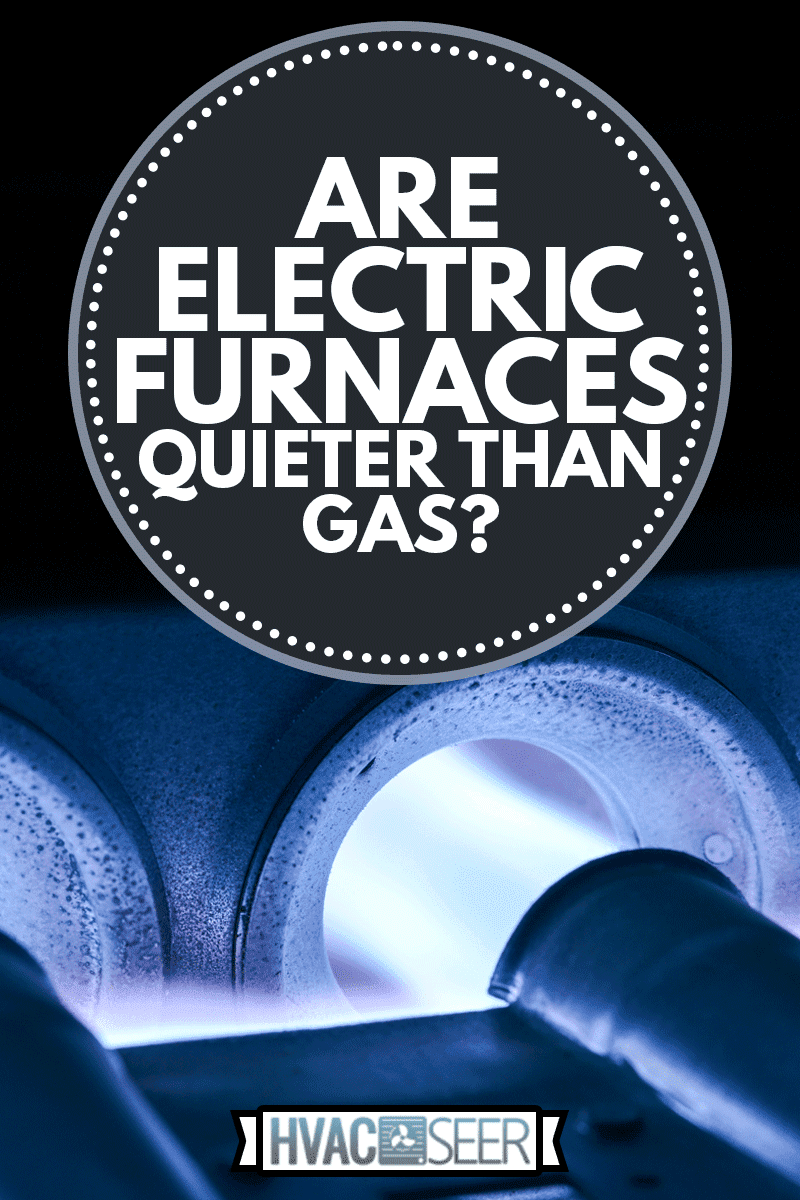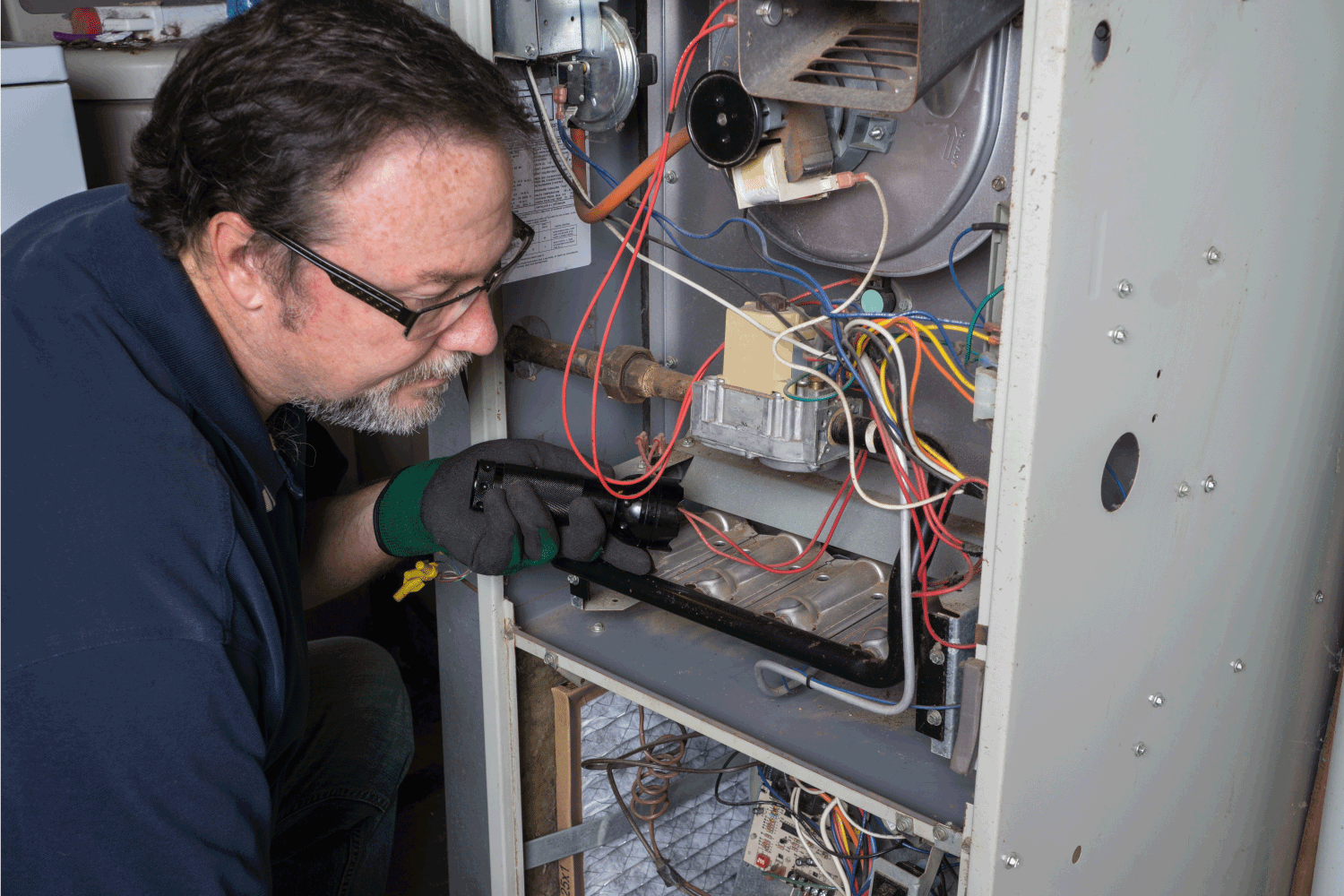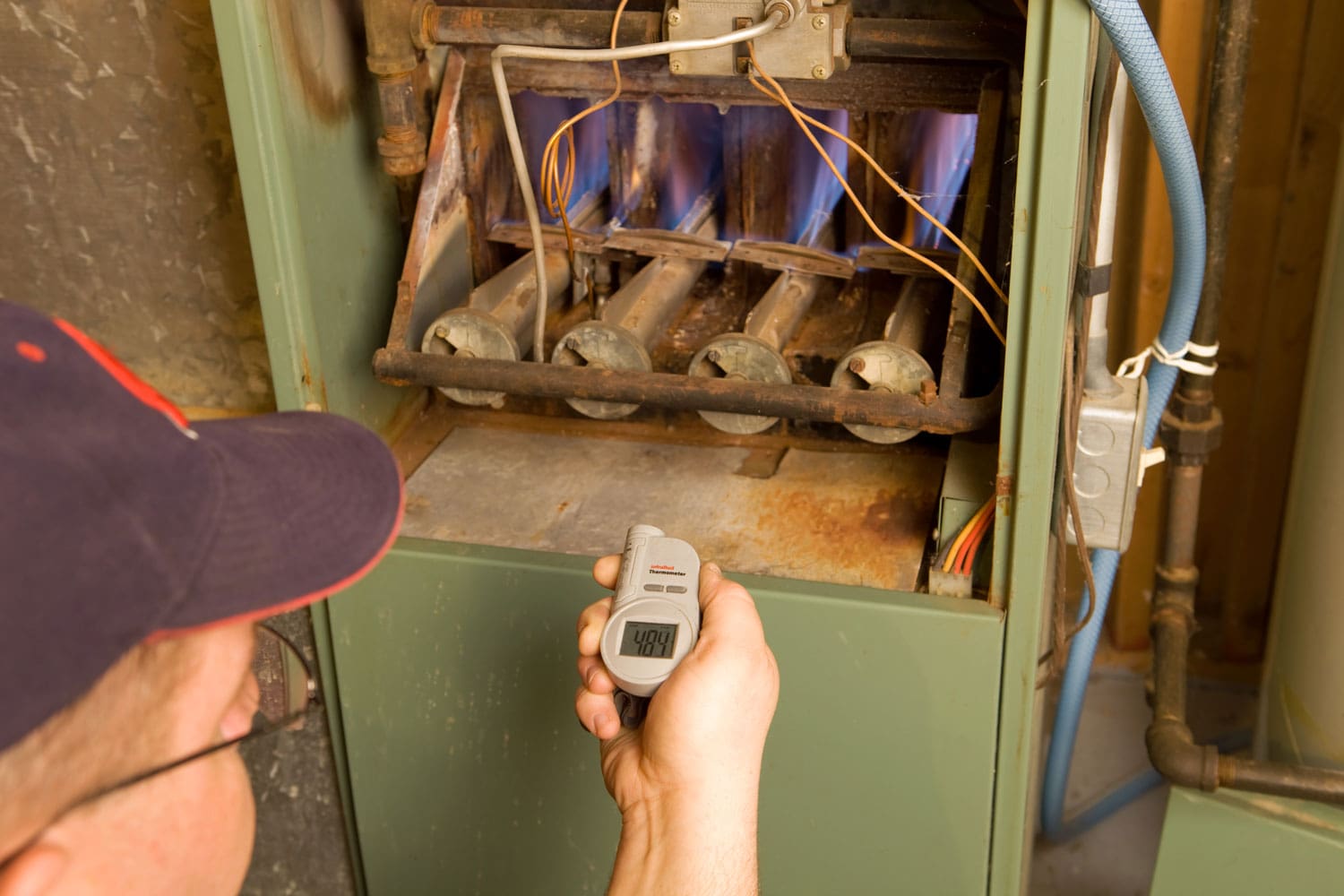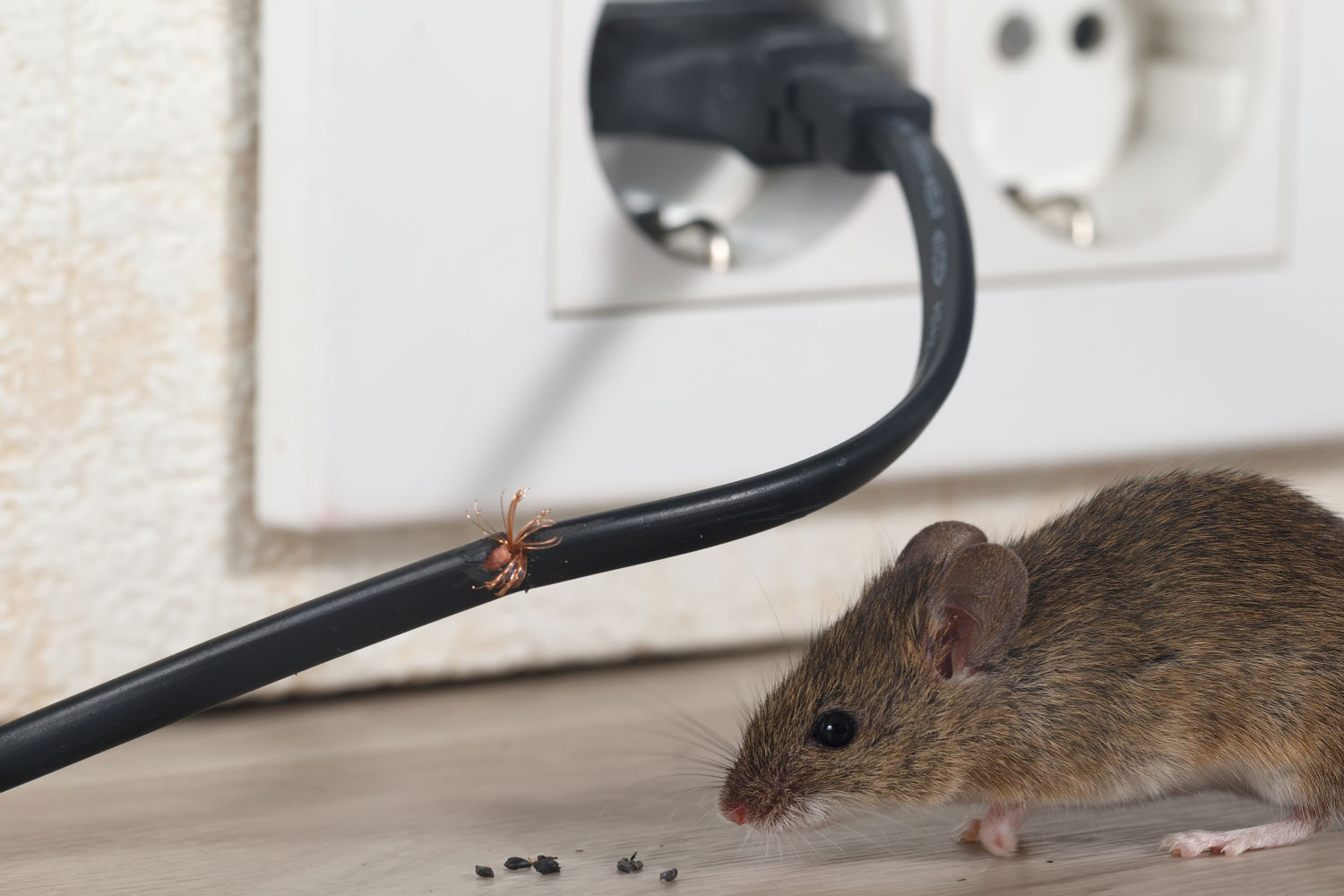Should you be weighing the options between a new gas furnace or a new electric one, knowing the difference is critical for your decision-making. While there are a good number of factors to consider, you might be concerned with how much noise each type emits when operating. If you want to know which type is quieter, you've come to the right place. We researched both gas and electric furnaces from several professional sources so that you will know for sure which one makes less noise.
An electric furnace runs much quieter than its gas-operated counterparts. Gas-operated furnaces have many more parts than electric ones, contributing to the louder operation.
Now that we know that electric furnaces run more quietly than gas-operated ones, we'll take a closer look at the units themselves. You might be curious what the pros and cons of an electric furnace are or if the electric units are more efficient than the gas ones. How often should you replace your furnace? How can you tell if your furnace is failing? For the answers to these questions and more, read ahead in this post to see what our research has uncovered.

What is making all the noise?
Gas furnaces have a lot more parts on the inside that run with a great deal of noise. You'll hear the clicking sound when the heating cycles are beginning. This will be followed by a dull roaring sound, which is the noise the burner makes while the natural gas-fed flame grows to the proper size.
A gas furnace will also make an audible hissing sound. This sound will be heard the entire heating cycle.
Electric furnaces will have low motor noises upon startup but are far less in volume than the noises the natural gas units emit.
What are the pros and cons of an electric furnace?
Aside from being a lot quieter than gas furnaces, electric units have a lot of other advantages. They also, however, have some disadvantages that you should be aware of. Knowing all of the pros and cons will help lead you to a better decision. These are the key differences:
Pros of an electric furnace
Installing an electric furnace is a lot less expensive on average than having someone install one that runs off of natural gas. The average electric furnace will range from $600 to $1,200 for the furnace itself. The price of labor will vary greatly, beginning at $1,200 and going for as much as $5,000.
The factors that impact the labor cost the most are your location, the type of model of furnace you purchase, and how much other work will need to be factored into the installation.
Electric furnaces also last a long time. Consumers can expect a well-maintained electric furnace to last a minimum of 20 years, with some getting as many as 30 years out of their units.
The effort that goes into operating and maintaining an electric furnace is minimal. They can be turned off and on by touching your thermostat, and the most common maintenance item it will need is a regular furnace filter replacement.
Cons of an electric furnace
These units do have some caveats, however. Electric furnaces, though less expensive to purchase, cost a lot more to operate. They require a great deal of electricity. This will be most noticeable in homes where the insulation was installed to hold in gas heat.
Electric heat is dry heat. The dry heat can cause some issues with those having allergies. It also tends to dry out your skin more than gas heat. Dry heat also takes more time to warm up your home.
Having an electric furnace means that if your power goes out, so will your heat source. Should you live in an area that's prone to power outages, then it's wise to get a backup generator hooked up to your electric furnace so that you won't freeze during extended periods without power.
Is an electric furnace more efficient than gas?
According to FIXR, the electric furnace is much more efficient than their natural gas counterparts. While a gas furnace will heat a home more quickly, gas furnaces do not convert all of the energy they use into heat. Their efficiency rating in this regard is as low as 55%. This means that a lot of the energy a gas furnace uses is wasted.
Electric furnaces, on the other hand, convert up to 100% of their energy into heat.

How often should you replace your furnace?
How often you replace your furnace depends on how hard it has to work and how well you maintain it. Generally speaking, you can expect 20 to 30 years out of an electric furnace and about 15 out of one that operates off natural gas.
Changing the filters every three months is strongly recommended. This will keep debris from entering the furnace itself. The various amount of dirt and dust that's sucked into the furnace intake will damage the moving parts over time, which is why there is a filter in place. A dirty filter will fail at keeping these elements out of the furnace, so be sure to change it.
It's also recommended to get your furnace serviced once a year by a professional. Service calls can cost upwards of $100, but it's worth it to identify any issues that need to be addressed before they become larger problems.

How do you know when your furnace is going out?
Furnaces usually don't just stop working without any warning. There are a good number of tell-tale signs that your furnace might be on the verge of failure or in the need of some servicing. Let's look at the most common ones that require immediate attention, as outlined by Milltown Plumbing.
Constant start/stop
If you notice that your furnace is starting and stopping without completing a cycle, it can signify pending furnace issues. Should you hear your furnace turning off and on a lot, it means you should have it serviced as soon as possible.
Spikes in energy bill
A significant increase in your utility bill might mean that your furnace is working harder than it needs to. This could mean faulty parts that are forced to overcompensate, resulting in them using more energy. So if the weather has been consistent from month to month, but your bill has dramatically increased, then getting your unit serviced is advisable.
Rusted flu
If your flu is rusting, it can be a sign of age-related wear.
Moisture buildup on windows
Should you notice a lot of moisture building up on the inside of your windows, it can mean that your HVAC unit isn't filtering out the moisture. Condensation building up might be an issue with your ducts, as well.
Water leaks
If you notice water pooling on the floor near your unit, it indicates that you need it to be serviced. This could mean a clog or a leak or something more serious if your unit is run off of natural gas.
Rodent activity
Mice and other rodents love to chew on wiring. If you notice rodent droppings or other signs of rodents near your unit, it might be good to have the wiring checked out by a professional.

Cold spots
A fully functioning unit should not have cold spots so long as the windows are functional and the home is well insulated. Cold spots might mean that your ducts have some issues or that your unit can't push out as much heat as it used to.
In Closing
While both electric and gas furnaces have their pros and cons, electric units are considered to be far more efficient. Keeping these units maintained is critical in getting the most life out of them. Routine filter replacements should be supplemented by annual service and inspections by a trained HVAC professional.
If you found this post on furnaces to be helpful, we believe that you'll enjoy reading the following posts on HVAC systems:
How Much Does It Cost To Add A Humidifier To Your Furnace?
